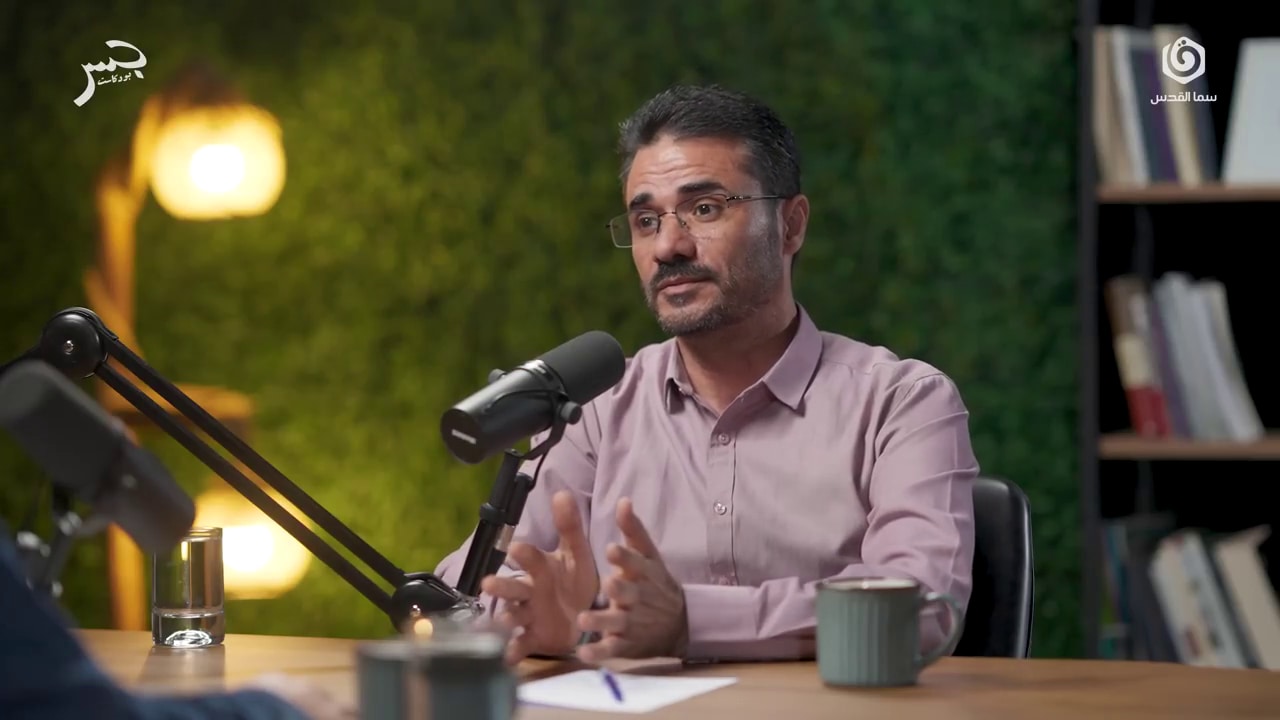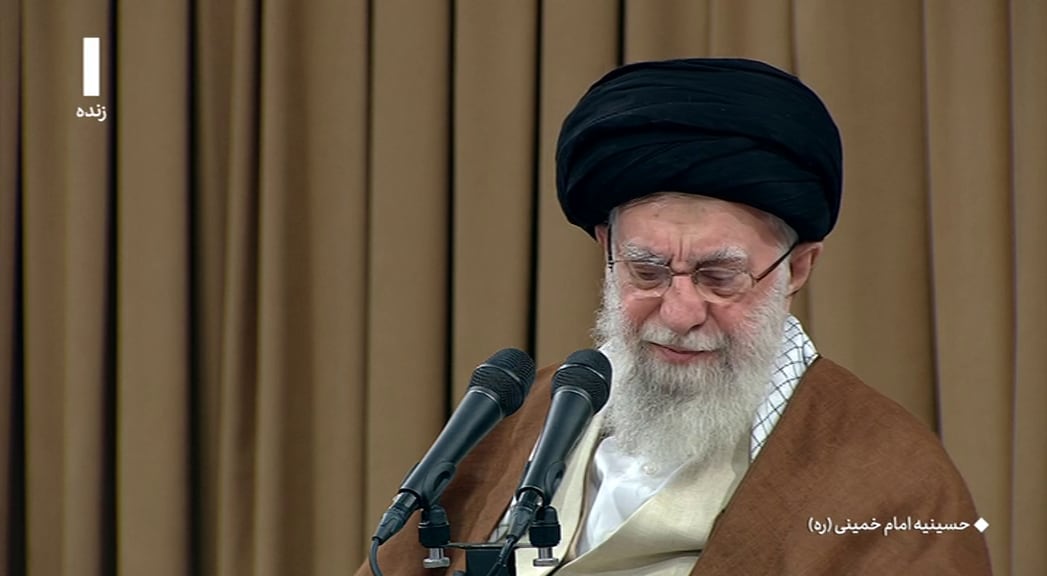
Following are excerpts from an interview with Syrian cartoonist and newspaper editor Ali Farazat, aired on Al-Jazeera TV on April 30, 2006.
Interviewer: When our guest founded Addomari, an independent satirical weekly in Syria, he enjoyed the personal support of President Bashar Al-Assad. Two years later, this weekly was shut down for reasons he will try to explain in this edition of our show, "Special Visit."
[...]
Ali Farazat: We in Syria are forbidden to draw presidents, or to deal with figures like the president. Of course I draw cartoons, but I keep them for myself. No one publishes them.
Interviewer: Is there a law forbidding the drawing of the President?
Ali Farazat: It is only natural that...
Interviewer: Is there a law forbidding this?
Ali Farazat: I don't think so, but no newspaper... As you know, until recently our newspapers were governmental. Such newspapers refrain from publishing cartoons not only of the president. It is difficult to draw cartoons of even ordinary people - the prime minister, or ministers, for example. It would cause an uproar. I was courageous to some extent, and I drew several senior officials in Addomari, and it caused an uproar. Nevertheless, I wanted to break through this barrier, to some extent.
[...]
Interviewer: [You said] that Saddam could only be toppled by the Americans.
Ali Farazat: What I said was that dictatorships of this type apparently cannot be toppled by anyone else. Since the Arab people cannot take any action or do anything, the only alternative is for the Americans or the foreigners, to come from outside, and remove those people who represent oppression.
[...]
Occupation does not come from outside, but from within.
[...]
When we published the newspaper, the first issues were very successful. there was no distribution company, no censorship, or anything... After several issues, everything changed, and I was subjected to obligatory monitoring.
Interviewer: You mean, in advance?
Ali Farazat: Yes. The information minister at the time, 'Adnan 'Omran, said to me: "Man, three days before the newspaper appears, I can't sleep. Please, as a friendly gesture, show me what you plan to write or say." I said to him: "I follow the publications law, which does not say you may see or censor it [in advance]. After it is published, you can place me on trial for it."
Interviewer: Were you personally harassed?
Ali Farazat: Yes. When he saw this, he issued a resolution to monitor the newspaper... Sorry, to force the obligatory distribution of the newspaper through the governmental apparatus, so they could see what was written in it. In addition, he would always send someone to take the proof sheet, because "these are the orders"... As you know, we have a custom of orders and instructions from above - "that's what we were told to do," and so on... I told him that I wanted to see the official resolution. He said: "This is a political matter, and you will be held responsible." And so, he began sending people to collect the proof sheets, or else - "you will be held responsible." In fact, they did not even need the proof sheets, because they had people working from the intelligence agency work for me, and these people would fax them the topics before publication. Once the newspaper was published with two blank pages. They removed them at the printers.
[...]
All of the sudden, the information minister called, and said... He said: "You at the newspaper are violating the rules." He said: "You will be held responsible." I told him that I bear full responsibly. To my surprise, when I was about to print the subsequent issue, the printers said they were sorry, but they could not print the newspaper without a written authorization from the information minister. I said that the law does not include such a thing, and he said these were the instructions he got. I told him that I had not received any letter to ths effect, and he said: "But we have." One of the owners of the printers sent me a fax...
Interviewer: It appears in...
Ali Farazat: Yes, I published it. It said that it was forbidden to print Addomari without written authorization from the information minister. This is an utter violation of the law.
[...]
This was the last issue. The day it was published, it was collected from the stores. A resolution was issued to revoke the license, and to shut down the newspaper. This was the fastest governmental resolution ever. If only all resolutions were issued so quickly - only one hour.

















